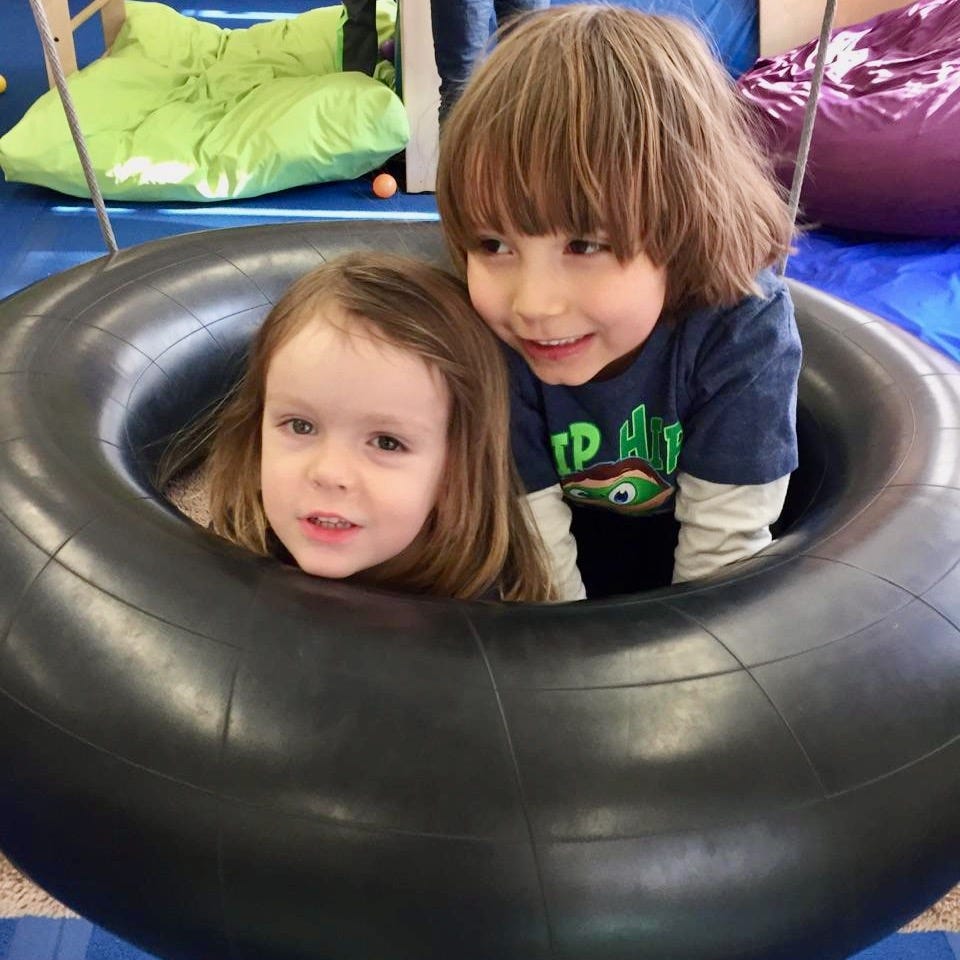A Safe Space for Every Kid to Play Freely Without Judgment or Stares
Part 3 of How My Neurodiverse Family Found a Space Where We Could Be Ourselves.
Upgrade to paid to play voiceover
In which I learn about advocacy, apology, and accepting help. If you want to support an overwhelmed parent, “How can I help?” is really the only phrase you need to know.
This is the final installment of my Extreme Kids story. If you haven’t read:
Part 1: How My Neurodiverse Family Found a Space Where We Could Be Ourselves, or
Part 2: Why a "Perfectly Fine" Coat Can Be Torture if You Have Sensory Aversions, please go do that before reading on.
Keep reading with a 7-day free trial
Subscribe to Atypical Kids, Mindful Parents to keep reading this post and get 7 days of free access to the full post archives.




